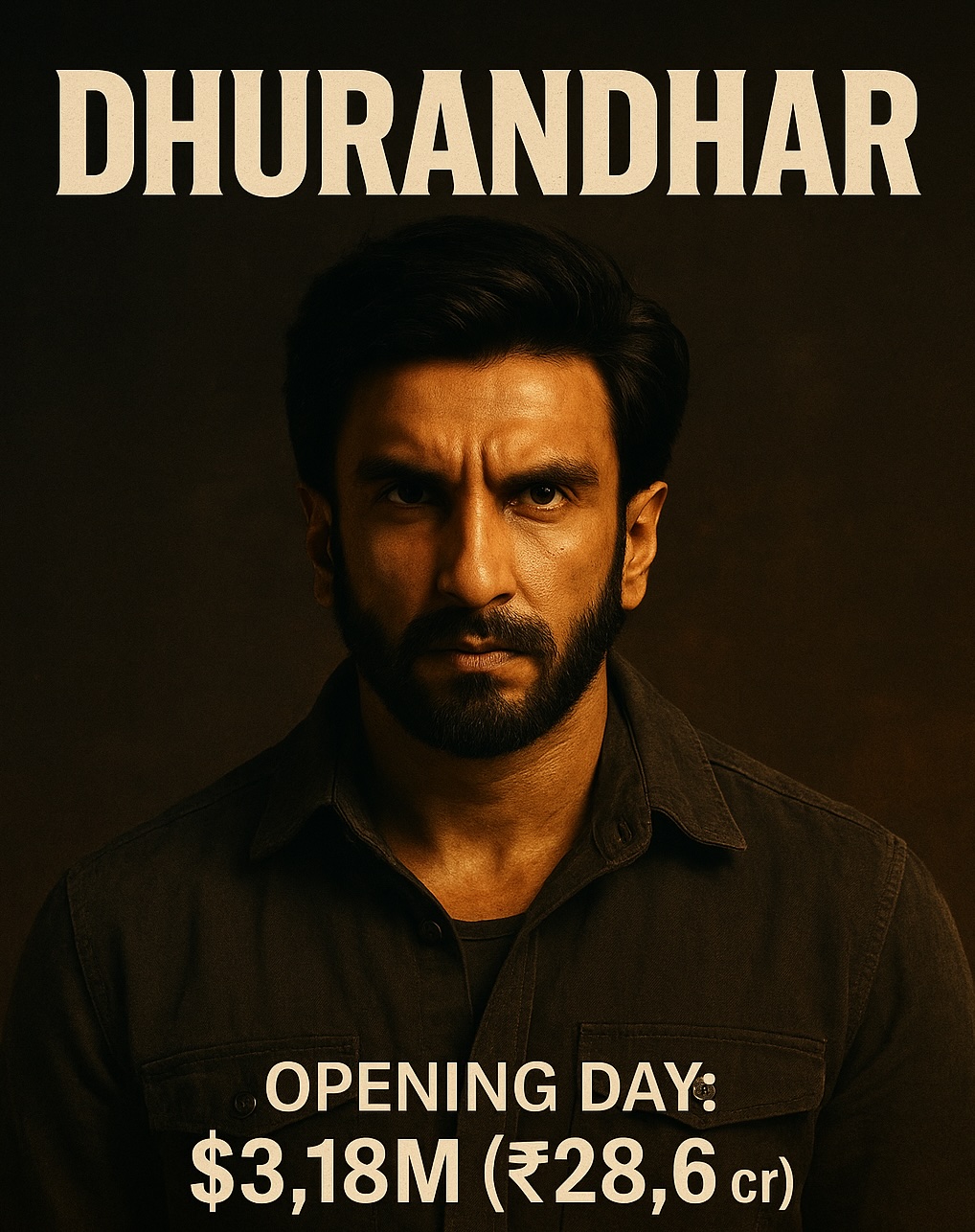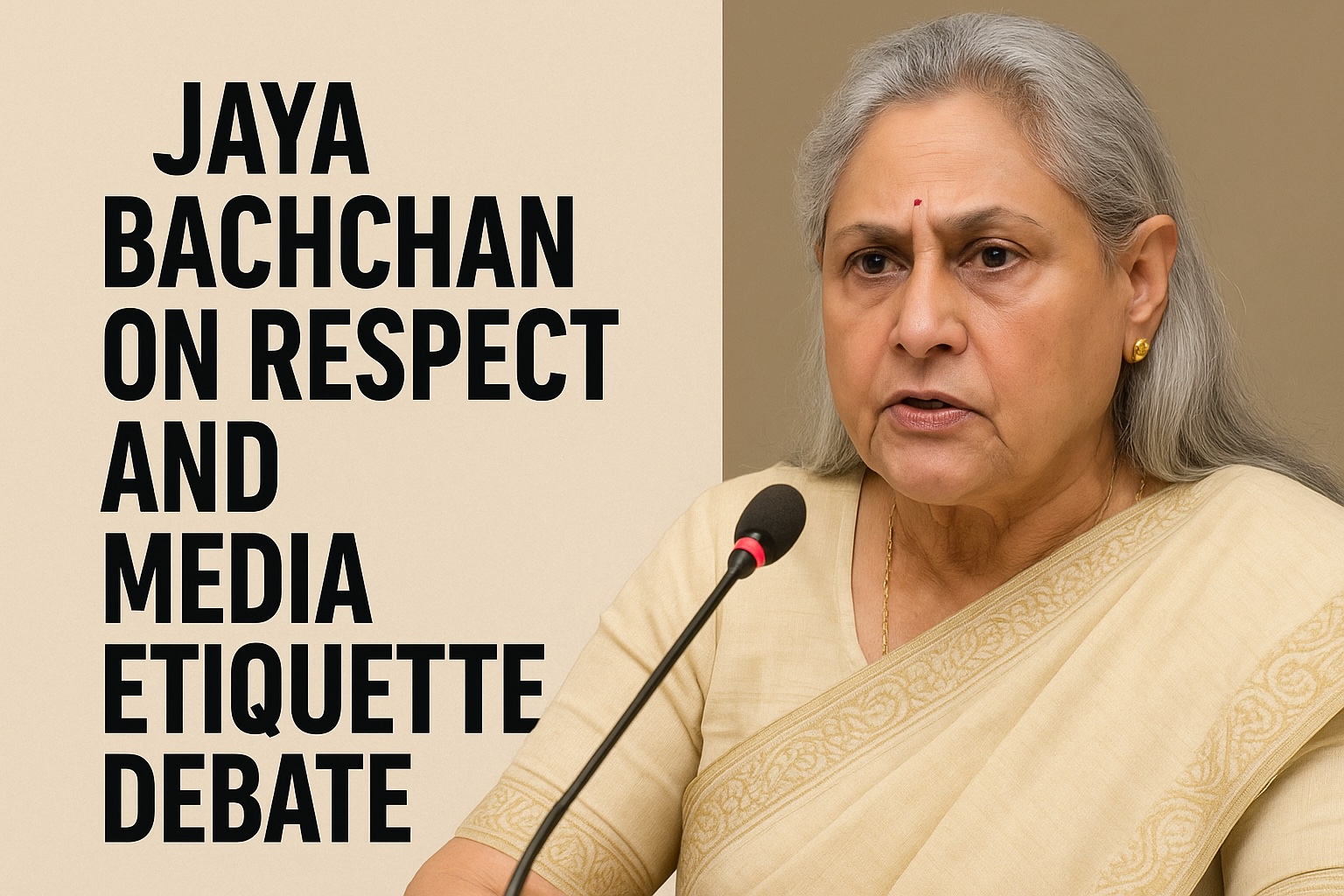
Silences seldom spoke so eloquently. It’s been a while since we saw a film that set style at a subsidiary state to substance, put the characters’ inner life ahead of the flamboyant manifestations of self-identity in a world governed by benevolence and charm.
“Barfi!” is a very charming film. It’s remarkably devoid of vanity. The story of a deaf-and-mute man who could have grown up watching Chaplin and Raj Kapoor’s cinema, and an autistic girl who has definitely not seen Shah Rukh Khan in “My Name Is Khan”, is told without the props of a loud background music and other prompters to get audiences’ involved in the proceedings.
This is a picaresque world of artless charm which invites you in without band baaja or baaraati. Fanfare is for the circus. “Barfi!” is pure cinema.
Goodness! I am already gushing. It’s the narcotic effect that Barfi has on you. Within no time at all you are swept into the protagonist’s world, the two lovely women who breeze in and out of his existence and various other characters, all etched with a compassion and vividness that one associates with the cinema of Frank Capra and Ritwik Ghatak.
“Barfi!” exudes the warm glow of a life well lived. This dazzling glow originates from the protagonist Barfi who lives his life king-size with many Chapliesque comic antics creating a chain of comicbook adventures for our ‘happy-go-looking’ hero, even though he can’t speak or hear. But then speech was always supposed to be the least essential component of cinema. Ask Ingmar Bergman or Satyajit Ray. Their character spoke through lingering silences.
It’s been a while since any protagonist on screen said so much to us without speaking. Rani Mukerji in Sanjay Leela Bhansali’s “Black” said it all through her muted mode of communication. But she had the formal sign language plus a voiceover for articulate support.
Significantly Anurag Basu, a master storyteller (and never mind the tormenting tepidity of his last film “Kites”) does away with the crutches of a sign language and a voiceover.
Ranbir Kapoor as Barfi or Murphy whatever!…is left to his own devices. An incredibly enterprising actor, he brings a Chaplinesque aura to Barfi’s character. Blending a very physical pie-in-the-face style of comic acting with an intangible poignancy, Ranbir turns his character and the film into a muted celebration of life. The tears are hidden from view. But they are there.
His grandfather, Raj Kapoor, has never been very far from Ranbir’s acting skills. Raj Kapoor was highly influenced by Chaplin. Ranbir brings both the legends into the same line of vision, and yet creates a character which is unique in its buoyancy and optimism, never mind the sleeping dogs. Just let them bark in their sleep.
Priyanka Chopra as the autistic Jhilmil steals the show from Ranbir, if that’s possible. Lately, she has been found to be guilty of overacting in “Agneepath” and “Anjaana Anjaani” (with Ranbir again). In “Barfi!”, all her recent sins of excess are washed away.
Priyanka’s inherent glamorous personality simply disappears into her character. We don’t see the actress on screen at all! We see only Jhilmil who reminds us in a very pleasant way of Sridevi in “Sadma”. This is one of the most flawless interpretations of a physical-psychological disability seen on celluloid.
While Ranbir and Priyanka effortlessly prove themselves the best actors of their generation, Ileana D’Cruz makes a confident engaging debut into Hindi cinema. Is she here to stay? Time will tell.
As for Basu, in his earlier films “Gangster – A Love Story” and “Life… In A Metro”, he proved himself a maestro of the inner life. “Barfi!” too is shot on location within the hearts of the characters. Not just the memorable protagonists, even the smaller players specially Roopa Ganguly and Akaash Khurana and Haradhan Bandhopadhyay, leave a lingering impact.
“Barfi!” celebrates life without dismissing the dark passages and roadblocks that we often encounter as we travel through that craggy road to death.
To be able to celebrate life so warmly and sensitively the filmmaker has to know death closely. Basu, a concer survivor, has been there.
“Barfi!” comes as close to being a modern masterpiece as cinematically possible. To miss it would be a crime. To embrace it is to serenade the sublime.





